Partnerships and industry collaborations
The School of Earth Sciences welcomes links with industry and other organisations in the Geosciences. We value partnership working and can assist you with the development of a collaborative research project or a programme to engage with our students.
Our world-leading experts can help you to develop collaborative research projects and provide advice, guidance and support to frame your research question. Potential research project collaborations may include:
- Joint research projects with leverage funding from EU or UK Government or funding agencies.
- Joint research projects via full/part sponsorship of PhDs.
- Interested in collaborating on multiple research activities? We can discuss a partnership framework agreement.
We have enjoyed fruitful collaborations with major players in the insurance, mining, petroleum and mass spec industries for example. Our work on hazards is recognised globally and used by the World Bank, volcano observatories and the aviation industry among others. We are also keen to work with small and medium enterprises.
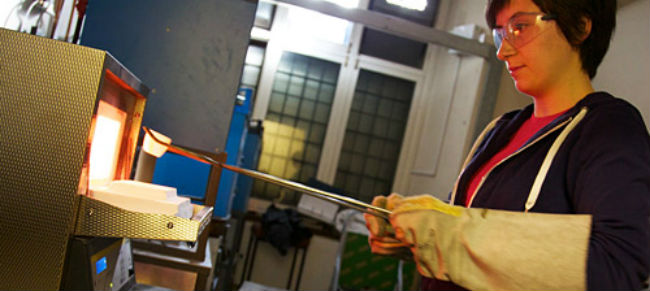
Internships are mutually beneficial. Firstly, they enable our students to apply their knowledge and perspectives to your project while developing real-world experience. Secondly, you get to know our students and internships can lead to graduate employment; allowing you to assess the suitability of an intern for your company.

Share your experience and invest in potential future employees. Mentoring helps to build our students’ confidence and careers: an invaluable way to link their field of study with your real-world experience and expertise. These relationships can continue to develop, with some of our students undertaking subsequent internships and even graduate employment in their mentor’s workplace.
For a novel perspective on a project, why not share it with our students as an undergraduate research project? Many of our students are keen to get an insight into real world problems. This is fantastic opportunity to get involved with the School of Earth Sciences.

Prizes and scholarships continue to be an effective way of raising a company's profile with our students. Funding student and public enagagment events and outreach activities offers an opportunity to positively impact local communities and built a cohort of curious and ambitious, future scientists.
Our world-leading research expertise can help you to develop your project work. Potential collaborations may include, but are not limited to:
- Contract/consultancy work (our staff pages or the University of Bristol Expert Directory)
- Access to specialised equipment (Facilities)
- Involvement in research programmes (Research)
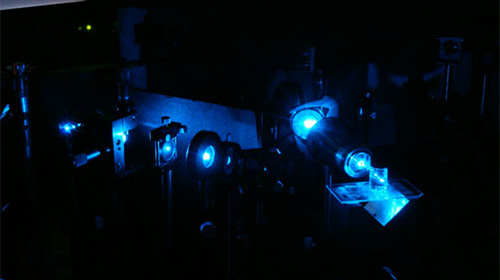
We believe that an insight into the professional world of Geosciences helps our students to focus their career ambitions. Our annual programme of career talks includes presentations by leading experts from the public and private sector and offers you an opportunity to (re)connect with our staff and student community.
If you are keen to share your career opportunities, please get in touch and/or consider attending one of the University of Bristol Careers fairs. More useful information here.
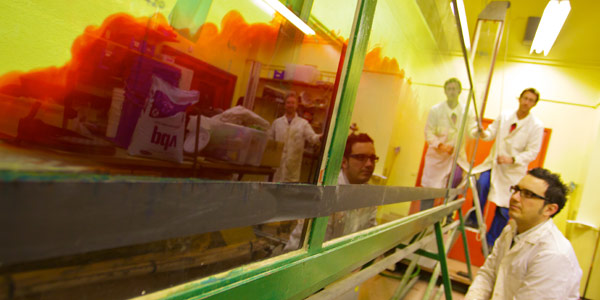
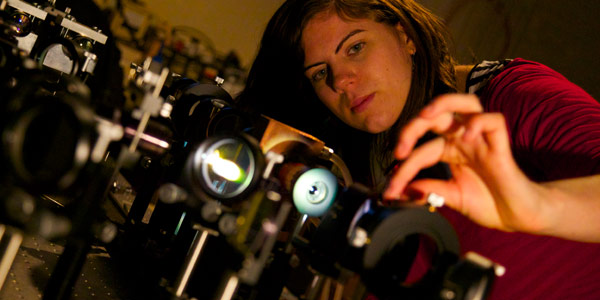
We collaborate closely with Spin Up Science, a Bristol based company that works with entrepreneurial scientists, inspire future innovators and establish ecosystems with technology commercialisation. Scientists and engineers are connected across academic institutions to support the translation of science into innovation. Our former PhD student Ery Hughes describes her experience here.
A collaboration between academics and museum collections fostering research and curatorial skills in undergraduate students. More info.
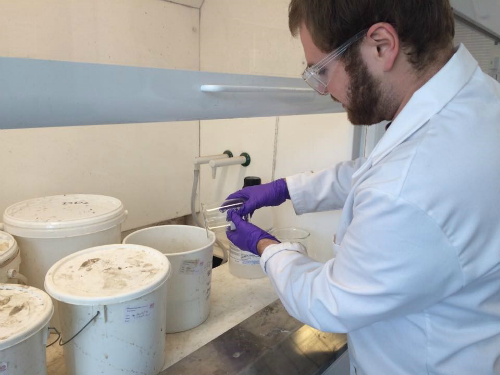
A partnership between Bristol based artists and UoB academics exploring current, global issues such as climate change, natural resources and our oceans. More info.
This collaboration between the University of Bristol, the British Geological Survey and the Istituto Nazionale di Geofisica e Vulcanologia (INGV) created an opportunities for seismologists to analyse the triggering and the evolution of earthquake sequences by using large data sets from instruments installed in the high-seismic hazard zones of Italy. Read more about Simone's experience here.

We are pleased to announce a generous donation from Petroleum Experts (Petex) to the School of Earth Sciences. Petex has kindly donated 10 licenses of their leading Move structural modeling and analysis software, valued at over £1.9M.
Move is considered the industry standard for geological modeling and structural analysis of Earth’s crust deformation. This software suite will serve as a comprehensive platform for integrating and interpreting data, constructing cross-sections, building 3D models, performing kinematic restoration and validation, and conducting geomechanical modeling, fracture studies, stress analysis, and sediment modeling.
The School of Earth Science is grateful for Petroleum Experts Limited’s donation, which will make Move accessible to faculty, students, and researchers. We will initially be using this capability to better understand the generation of hypogene karst – cavernous porosity generated by ascending fluids – exemplified by the rising chimneys in the photo below. This NERC-funded project, in conjunction with colleagues at the University of Manchester and British Geological Survey, uses the Derbyshire Platform as a case study. Results will be directly deployable to ongoing studies into geothermal energy production, for which Visean limestone in the UK and Europe is a primary target.

Hypogene karst from the northern margin of the Derbyshire Platform: rising chimneys (locally termed vein cavities) on Dirtlow Rake (E – W striking strike-slip fault), that was previously mined for fluorite, barite and galena.
MOVE is highly relevant to several other research areas within our School, including tectonics, sedimentological processes, and the study of tectonic-driven groundwater flow and its impact on diagenesis and reservoirs. Utilising MOVE could greatly enhance our capacity to explore these complex geological phenomena. Furthermore, the MOVE software offers potential to enrich our students’ learning experiences and skill set in courses related to Environmental Hydrogeology and Geoenergy, and Earth Deformation and Geodynamics.
Prof. Fiona Whitaker and Dr. Wenwen Wei.
